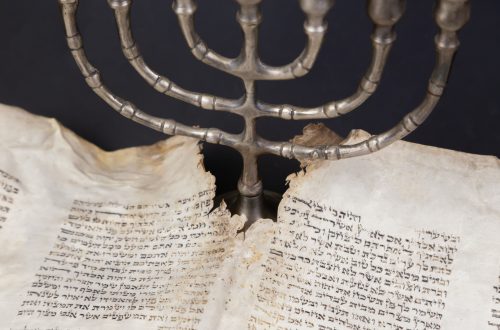Good Grief
I struggle with chronic indecision. My condition began at an early age; I have multiple-occasion memories of Mom, Dad, two brothers, and a waiter looking at me with a mixture of amusement and impatience as I struggled to craft the best combination of lunch options available. The whole world seemed to hinge on one variable: curly fries or tater tots. I haven’t improved a ton over time. Case in point: I spent a good two hours trying to decide what today’s blog topic should be.
I struggle with chronic indecision. My condition began at an early age; I have multiple-occasion memories of Mom, Dad, two brothers, and a waiter looking at me with a mixture of amusement and impatience as I struggled to craft the best combination of lunch options available. The whole world seemed to hinge on one variable: curly fries or tater tots. I haven’t improved a ton over time. Case in point: I spent a good two hours trying to decide what today’s blog topic should be.
You may be further along on the “decisive” scale, but I bet you’ve struggled with hard choices a time or two. I’m not talking about the choice to do something sinful versus something righteous…as believers, those choices are clearly marked in Scripture and being the Christ-followers that we are, the very best thing we can do is obey. What I’m talking about are those morally neutral decisions, those grey area choices where there’s not a clear-cut right or wrong, but there might be a good and a better. Often, these are the decisions I’m prone to lose sleep over.
Fear is a huge contributor to my decision-making delay: fear of regret, fear of failure, fear of instability. All these can serve to paralyze, but lately I’ve been pondering another form of fear that significantly hinders my progress towards decision: the fear of losing other options.
Saying “yes” to something necessarily entails saying “no” to something else. Often, the results of one over the other are ultimately inconsequential, like choosing Sherwin Williams Bracing Blue over Behr Ocean Tropic. At other times, the outcome is life altering. A choice to take a dream job in another part of the country may mean pursuing a role that utilizes your full potential, but it also may mean leaving a life-giving community of family and friends. Deciding to marry means saying “yes” to partnership, family, and the lifelong pursuit of oneness, but “no” to undivided time and resources.
When the “no’s” you forego as you say “yes” to something else are good things, grief is inevitable.
As a human being whose m.o. is to steer clear of pain, I’m prone to avoid the self-inflicting grief involved in making a tough decision. However laborious as it can be, though, this grief is a good thing. It is an emotion that recognizes the reality of a situation. It enables me to acknowledge that something that brings delight to my soul is no longer present in a way that it once was, or ever was. Grief helps me express my humanity to its fullest. As I anticipate the losses that come with a decision, recognizing and moving through (and sometimes revisiting) this grief propels me forward, reminding me of who God is and the priorities He’s placed on my life.
Tough choices are inevitable; we live a great portion of our lives lacking clarity and facing unknown outcomes. And yet, a major theme in the Christian narrative is that of hope after loss, of life after death, of faith in the face of uncertainty. As we remember who God is and what He has done, He enables us to move forward in confident trust.


